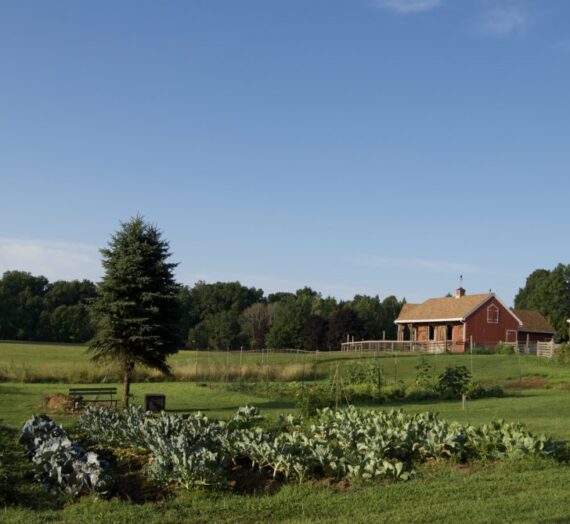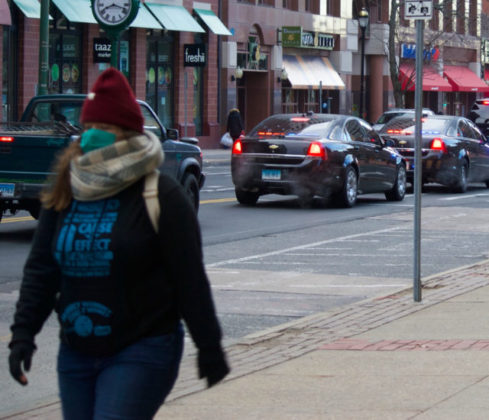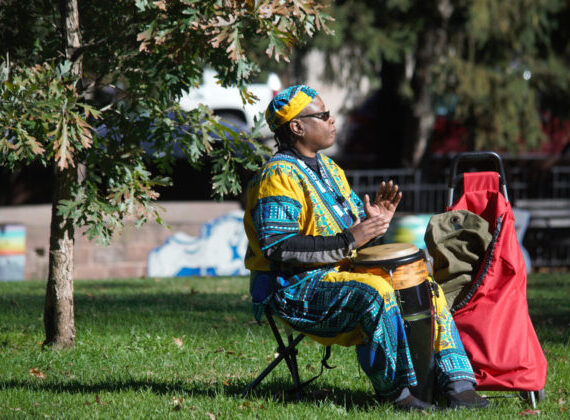this Sunday at 11 am, for a one-time round-table. Amy Bergquist, Ken Krayeske, and I will be appearing on Face the State to discuss Hartford. Amy and Ken both did a great job. I’m more of a writer than a “quick, answer this without cussing” kind of person, but I think it was alright. I found myself wanting the questions that others were asked. Amy has a nice post about the experience, complete with photos of the new WFSB complex way out in suburbia.
The one question that I was totally unprepared for, I guess I can explain a little here. I was asked about teen pregnancy, and while I know that the expectation is to totally come down on it, my personal and career experience has shown that teen pregnancy is not always a horrible thing. We do hear a lot about those who drop out, go on welfare, fail to be role models because they were too young, etc. That’s only one side. At Capital Community College, I work with many students who have families, and of those, many gave birth as teenagers. What I hear most often about their situations (other than being tired) is that if it weren’t for their child/children, these students might not have ever gone to college. Becoming a parent forced them to make choices, and I regularly work with those who are making positive ones. Sometimes the decision to further their educations is made during pregnancy or shortly after giving birth, other times, it’s when the children are older. I have heard a student say that she needed to be in college to be a role model for her school-age children. Others do it so that they have better job opportunities. Some want to be able to help their children with homework and feel unable because of language barriers (English as a Second Language, learning disabilities, illiteracy/low literacy). Traditional students at four-year colleges who are doing the “typical college experience” don’t have a clue at how easy they have it.
When I was in high school, way out in cow country, few students in my town gave birth. It’s not that we were all particularly moral; rather, I suspect the low pregnancy rate there was because many encounters involved condoms and a high number of females were on the Pill, combined with the use of abortion. Where I grew up, it was very white. It still is, though the demographics are beginning to change. During the Face the State program, when I allude to differences in culture, I wasn’t being very clear. It’s not that Hispanic or black women never have abortions, but that it’s more acceptable for younger women in those cultures to have children. In the glaringly white town that I grew up in, we were expected to put AP exams, college, and career first, maybe because most of the town was middle class or upper class and those options existed. My mother would tell me stories of how when she was growing up, girls who got pregnant would have left school abruptly to “go live with an aunt for a year,” when really, they were taken out of the public eye so that they could secretly grow larger, give birth, and almost always, place the child for adoption. In my hometown, we had not strayed too far from that model. I remember female students, rumored to have gotten knocked up, leaving school mid-year, before any real signs of pregnancy. What I remember most was the one who stayed.
A female in my class remained in school for most of her pregnancy. This was during our senior year. She not only stayed, she did it with a vengeance. In gym class, she and I were supposed to play pickle-ball against each other. She must’ve been about seven months at that point, and she kicked my ass! In June, she walked at graduation. I remember thinking that this was an accomplishment in a time when people like Newt Gingrich and Rush Limbaugh were attacking unwed mothers.
In college, also in a gym class, I befriended Michelle, a too-skinny woman who drove a station wagon. She was a year younger than me, and surprised us all one day by revealing that she had a son, who was a toddler. Then we heard the stories about how wild she was as a teenager. It was the pregnancy that set her life right. She had a yoga regiment during pregnancy, had quit smoking, and was waitressing. Going to college was something else she had to do for her son. Nobody really believed she could have possibly had a kid (so young, so skinny) until we saw the evidence of a carseat and the interior of her car encrusted with Cheerios.
So, when I was asked this question, I think that my full-body cringe was visible on camera, because I instantly thought of all these cases where becoming a mother as a teenager was not a death sentence or a condemnation to “live off the government.” I also thought of a close friend who is my age and has a respectable career. He became a teenage father. He’d dropped out of school and had all kinds of other “youthful indiscretions” up to that point. It was this new responsibility that pushed him to get his GED, own place, job, and then go through college. The child’s mother is doing well by all accounts too. The child is well-adjusted, book smart, and street smart. She’s been shown that actions have consequences, and that people have to take responsibility.
This is anecdotal, I realize. Some people can’t handle becoming parents so young, and yet, there are plenty who no longer remain “babies” when they have babies. Having a degree or two and a good job before starting a family looks like a better environment into which to bring a child. But, some adults–even those who are married–can’t cope with the demands of parenting either.
My thoughts on teen pregnancy can’t be reasonably expressed in soundbites.


